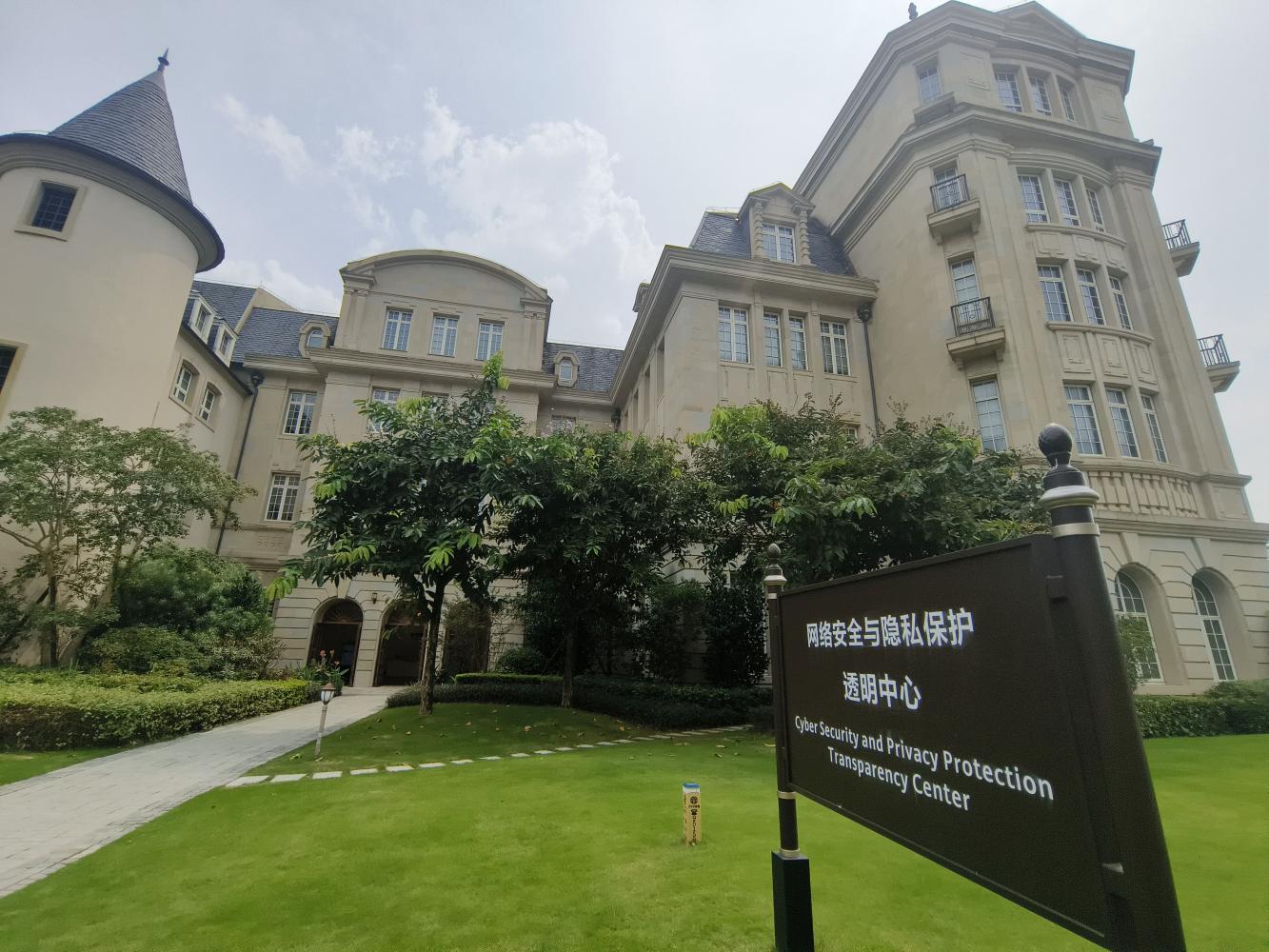
Huawei's global cybersecurity and privacy protection transparency centres aim to address the increasing complexity of the segment and doubts among Western companies about the company's technologies, particularly its 5G network, amid the ongoing US-China tech skirmish.
In June 2021, Chinese tech firm Huawei established its largest global cybersecurity and privacy protection transparency centre in Dongguan, China.
According to Huawei, the centre provides a platform for industry stakeholders to share expertise in cybergovernance and work on technical solutions together.
The centre is designed to demonstrate solutions and share experience, facilitate communication and joint innovation, and support security testing and verification.
"The centre aims to eliminate security doubts and enhance trust," Surachai Chatchalermpun, country cybersecurity and privacy officer of Huawei Technologies (Thailand) Co, told the Bangkok Post.

The establishment of the Dongguan centre follows Huawei's opening of the Cybersecurity and Privacy Protection Transparency Center in 2019 in Brussels, Belgium.
Huawei also has regional centres in Germany, Italy, United Arab Emirates, the UK and Canada.
In parallel with the opening of its centre in Dongguan, Huawei also released its product security baseline, marking the first time the company made its product security baseline framework and management practices available to the industry as a whole.
These actions are part of the company's broader efforts to engage with customers, suppliers, standards organisations, and other stakeholders to jointly strengthen cybersecurity across the industry.
According to Huawei, to further a unified approach to cybersecurity in the telecoms industry, organisations such as GSMA and 3GPP have been working with industry stakeholders to promote the Network Equipment Security Assurance Scheme (NESAS) specifications and independent certifications.
NESAS is a unified security certification standard in the mobile communication industry.
The centre in Dongguan includes an exhibition hall and customer communication area as well as a customer verification area that allows users to test and verify the security of Huawei products.
A third zone houses the Independent Cybersecurity Lab, which has 200-300 "white hackers" or ethical hackers to ensure the security of the company's products before being forwarded to the production line.

If a product has a defect, the lab can intervene to ensure it does not go to the production line, said Mr Surachai.
Huawei has more than 3,800 full-time cybersecurity employees.
"A cybersecurity strategy is built in to everything the company does," he said.
Customers can verify the security of Huawei's products in the customer verification area before making a purchase, then use their own tools to check system and software versions for any errors or vulnerabilities.
This ensures the devices delivered to customers have the same software version verified in the customer verification area, said Mr Surachai.
FROM CHINA TO THAILAND
He said Huawei brings expertise from China to collaborate with Thailand's National Cyber Security Agency and jointly arrange related activities, such as holding a cybersecurity competition as part of efforts to reduce shortages in the cybersecurity workforce.
Since August last year, such activities produced 10,000 skilled security workers from the secondary students, university students and other people able to work as white hackers or personnel in various organisations' cybersecurity operation centres, said Mr Surachai.

He said he works to ensure every Huawei product imported by Thailand complies with the country's Cybersecurity Act and Personal Data Protection Act.
The rise in attacks on Internet of Things devices and issues concerning cloud security vulnerabilities will become a growing trend in Thailand this year and beyond, said Mr Surachai.
OX HORN VILLAGE
The centre in Dongguan is located in the company's European-themed model "Ox Horn" village, which houses its R&D centres.

Huawei's largest global cybersecurity and privacy protection transparency centre in Dongguan, China.
Built on the south shore of Songshan Lake in Dongguan, the village features 12 towns named after European cities, resembling locations in Disney fairy tales, according to the company.
Construction of the village cost 10 billion yuan (50.4 billion baht) and supports 25,000 employees.
Each of the 12 towns has a floor space of more than 120,000 square metres, providing office space for up to 2,000 people.